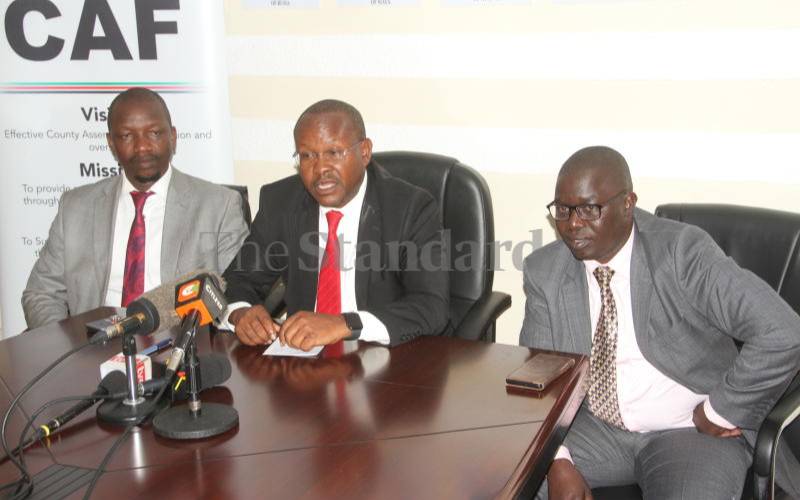×
The Standard e-Paper
Stay Informed, Even Offline

Members of the County Assembly have joined the growing list of interested parties seeking to stop the implementation of the degree requirement for elective seats.
The ward representatives through the County Assemblies Forum (CAF) have moved to the High Court to challenge the implementation of the requirement that is set to take effect in next year’s General Election.